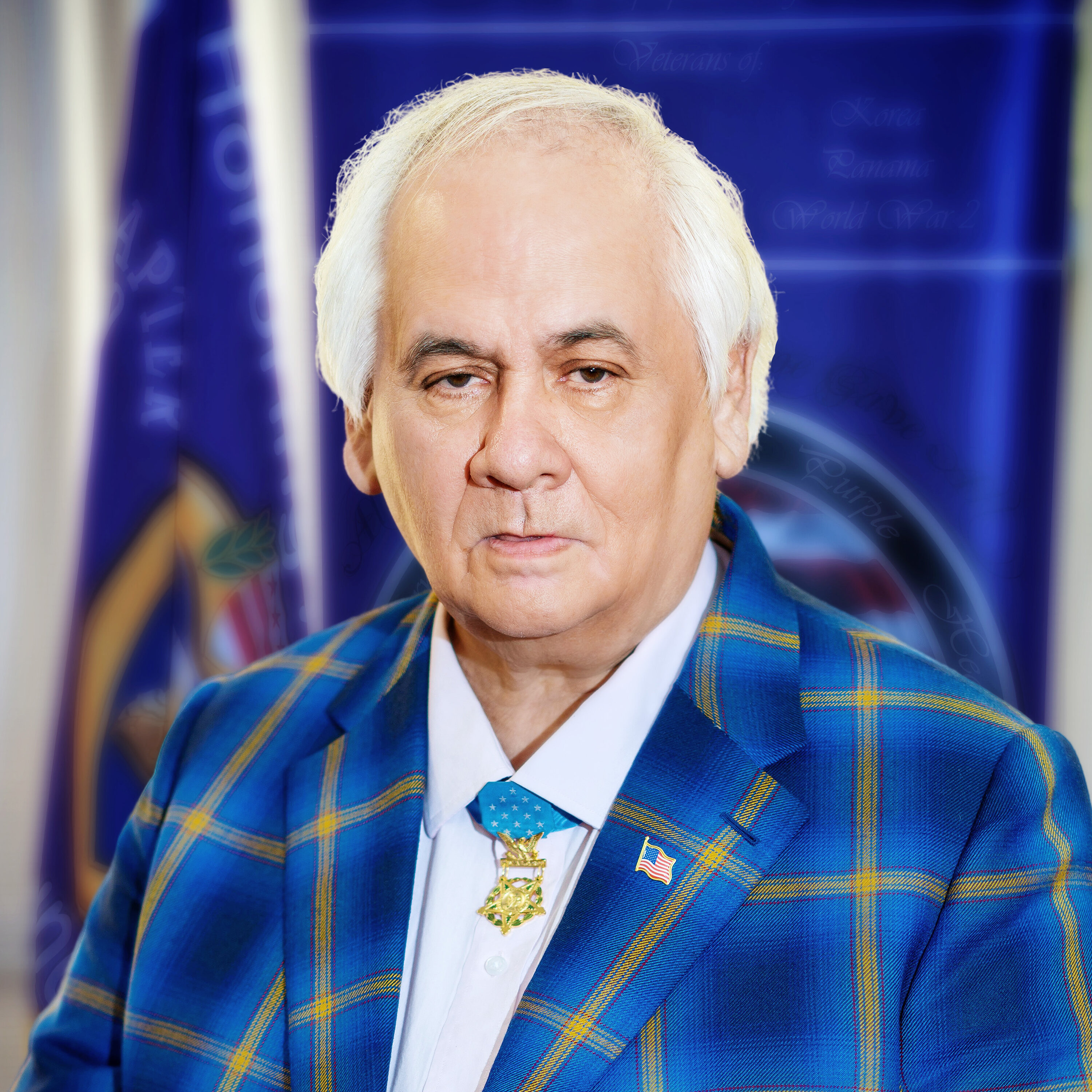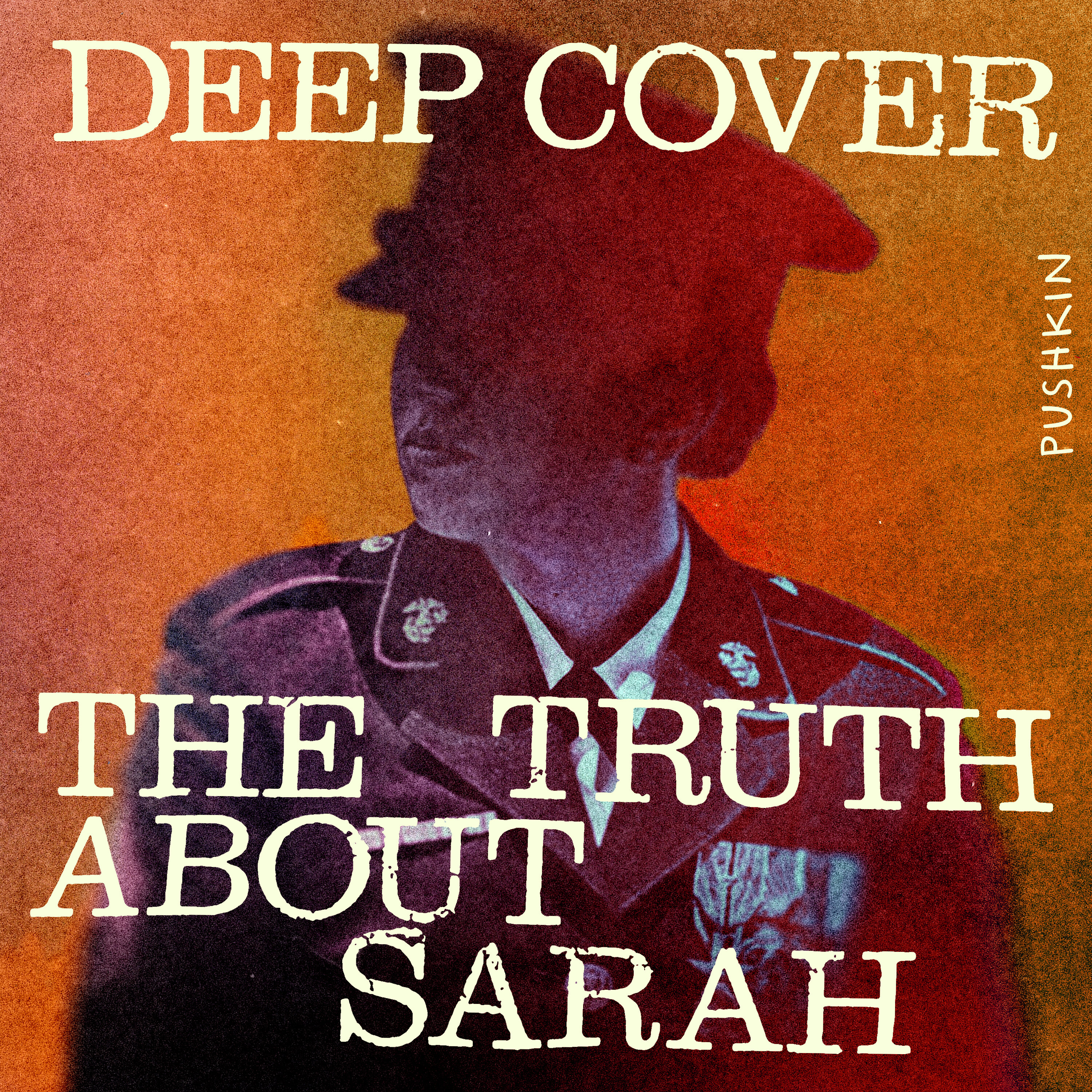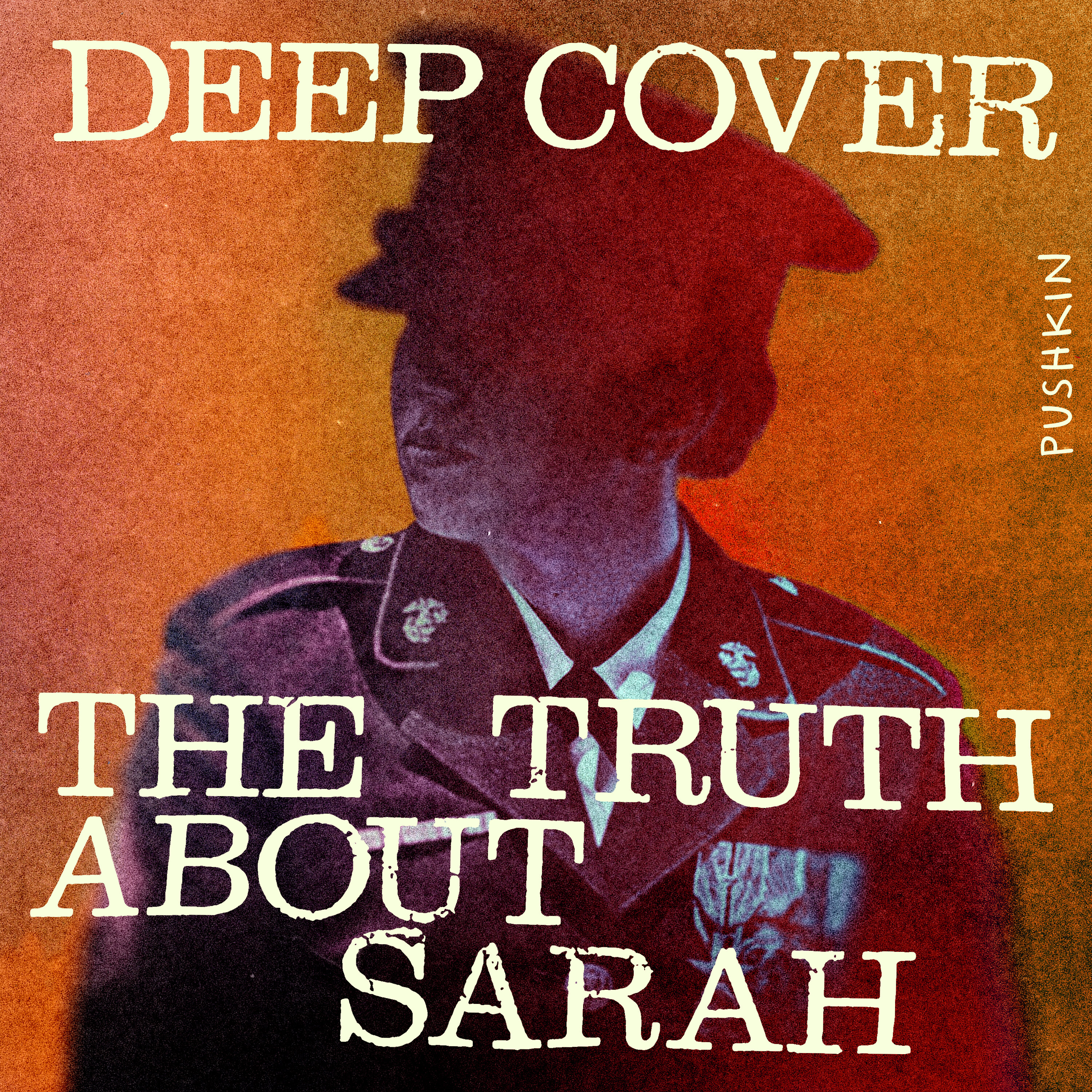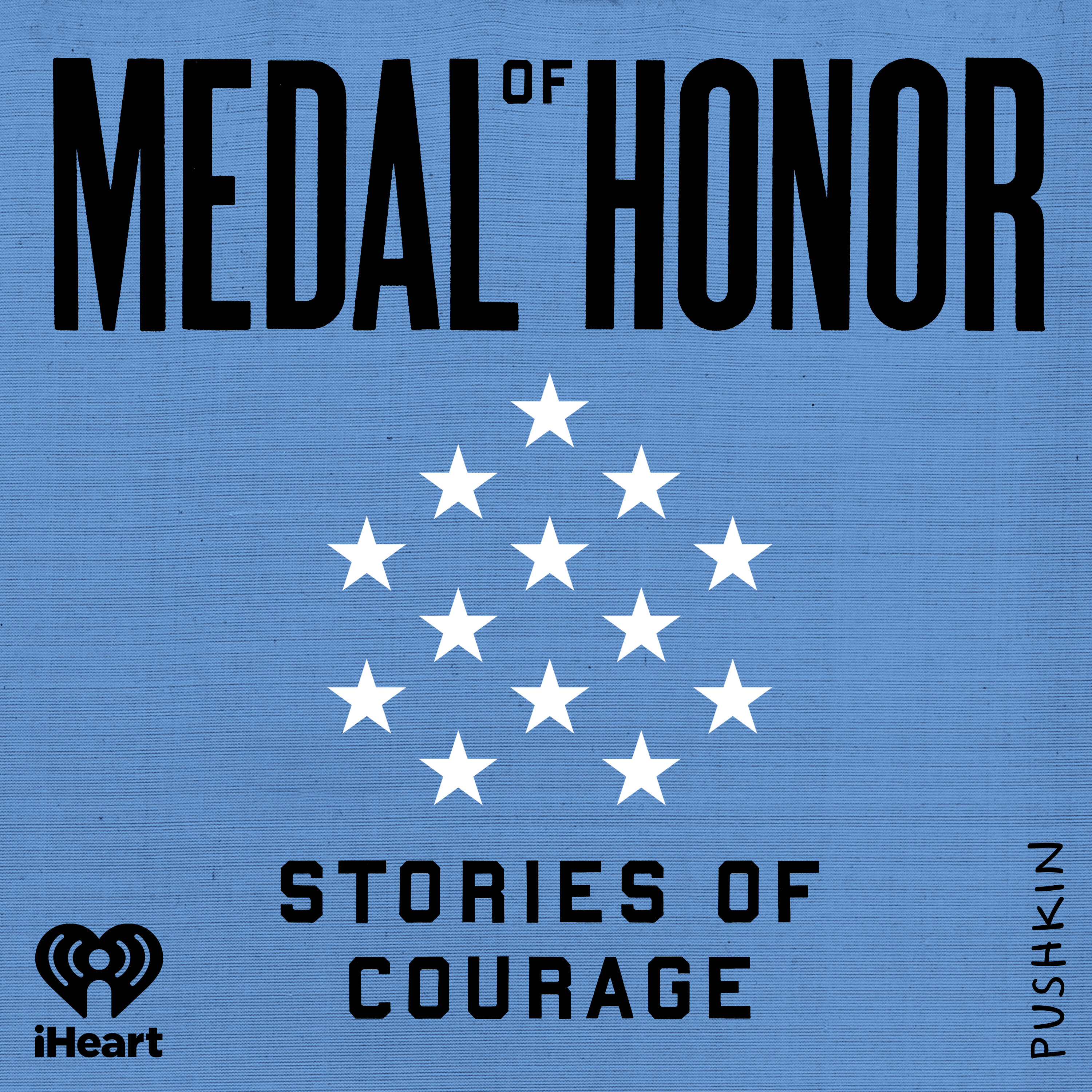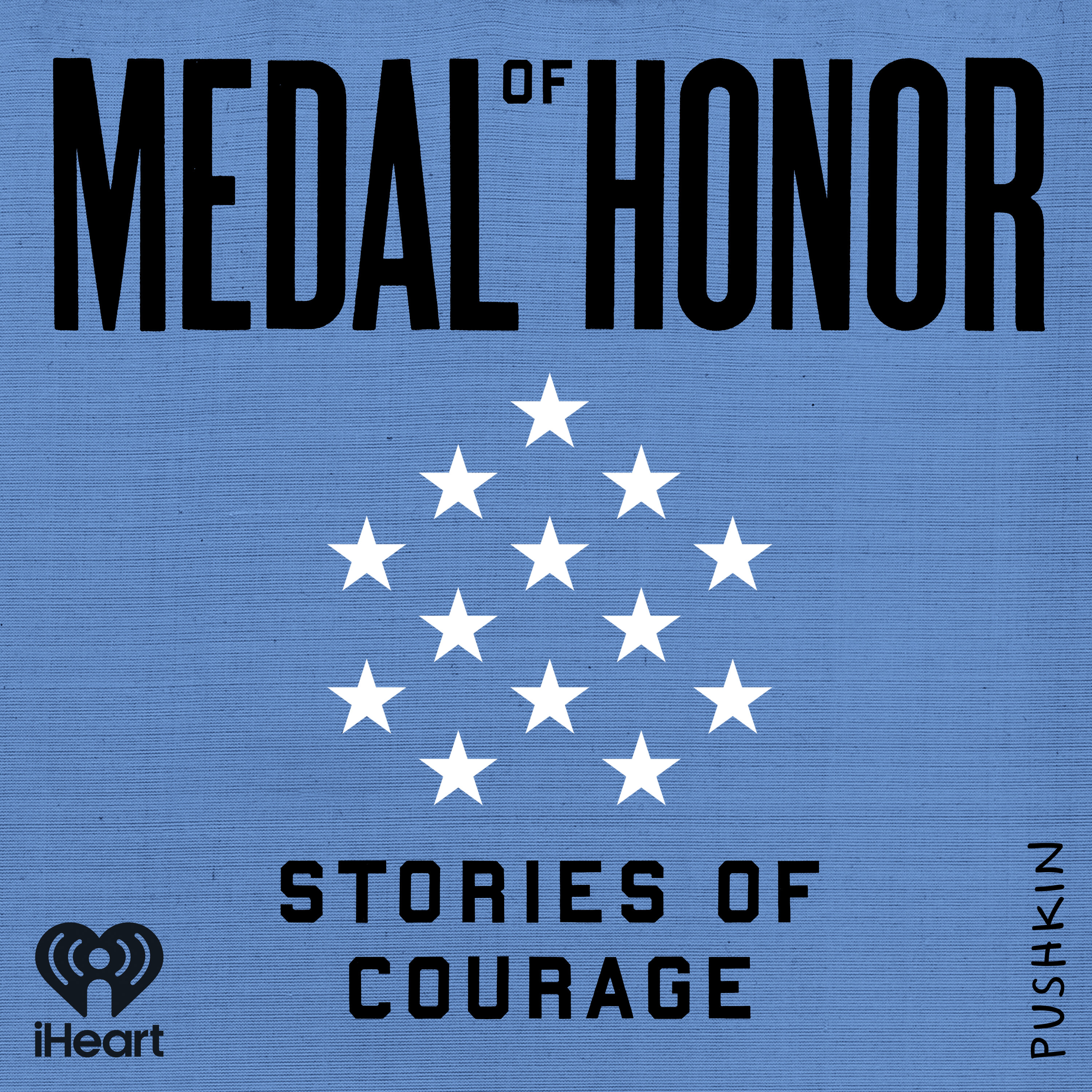Legacy of a Warrior: Dwight Birdwell
As a proud member of the Cherokee Nation, Dwight Birdwell was determined to fight for the country he loved. And his actions on the first day of the Tet Offensive in Vietnam are stuff of legend. But Dwight’s story is also about survival: not just what it takes to live through a terrible battle, but how that survival changes you– forever.
Episode bibliography:
Birdwell, Dwight W., and Keith William Nolan. A Hundred Miles of Bad Road: An Armored Cavalryman in Vietnam. Presidio Press, June 1, 1997. https://www.amazon.com/Hundred-Miles-Bad-Road-Cavalryman/dp/0891416285
See omnystudio.com/listener for privacy information.
Press play and read along
Transcript
Transcript is processing—check back soon.
Medal of Honor: Stories of Courage — Legacy of a Warrior: Dwight Birdwell
